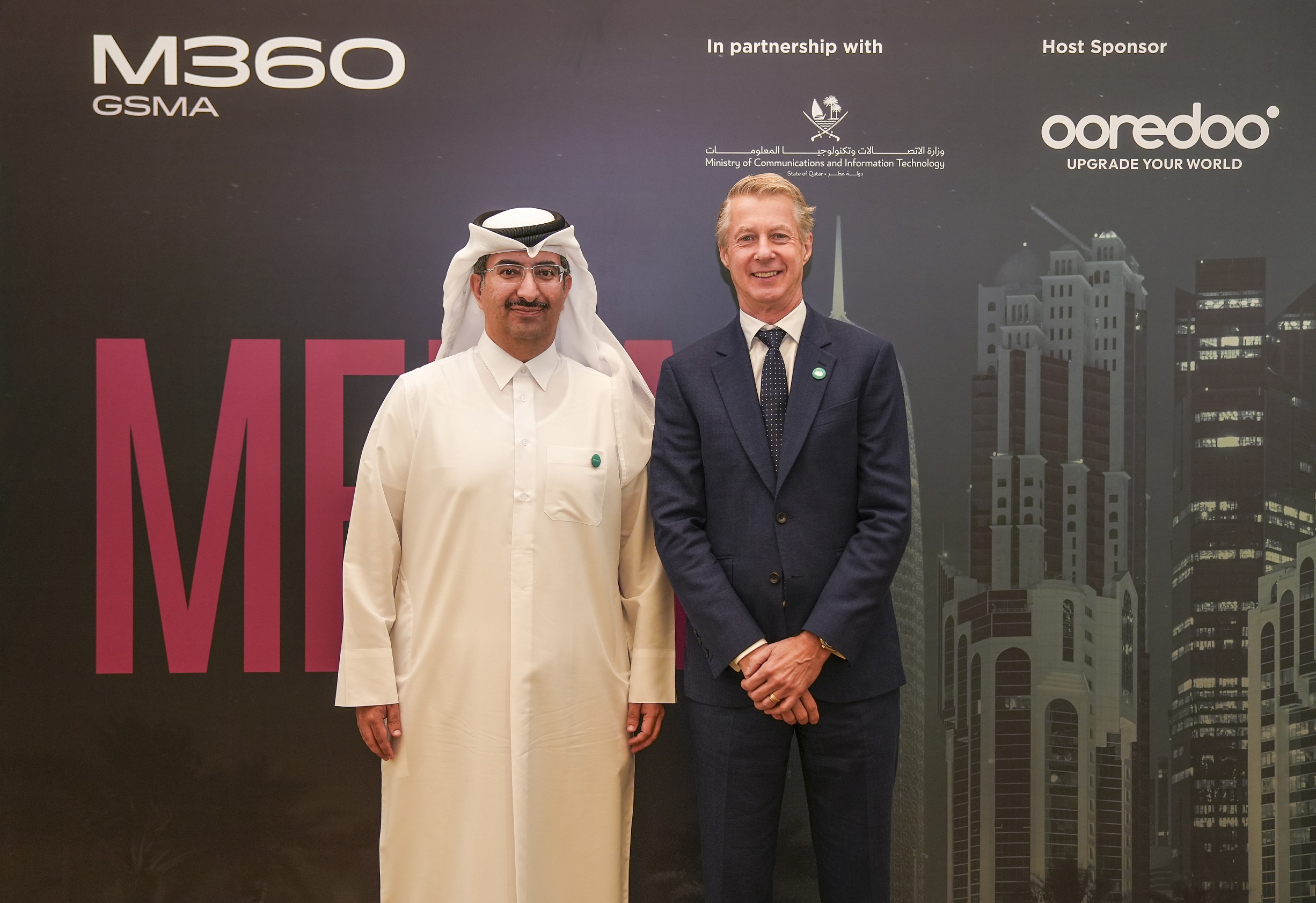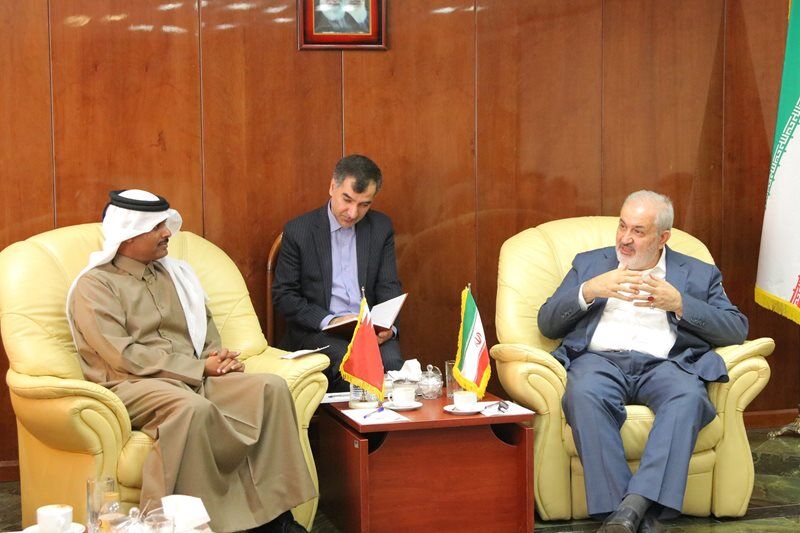
Pre-qualification tenders have once again been launched for civil work on the first phase of Qatar’s long distance passenger & freight rail network, casting the 2018 completion date on the project into serious doubt.
Qatar Rail had begun accepting submissions from interested firms last year and planned to award a contract by next month, but ended up terminating that process.
Now, it is inviting companies to submit their interest on separate civil works and railway systems contracts, which are due March 22 and expected to be awarded by the middle of next year.
According to Railway Gazette:
“The Phase 1 civil contract covers the design, construction, integration, testing, commissioning and defect liability for earthworks, bridges, culverts and camel crossings, 133 km of slab track (with the Doha West International option potentially adding a further 23 km), freight yards and station architecture.”
Separately, a railway systems supplier, which would act as a subcontractor to the civil works contractor, would be appointed to provide equipment to bring operating speeds up to 270 km/h.
And further tenders would cover the procurement of rolling stock, as well as the appointment of an operations and maintenance contractor, the publication added.

When completed, the line will connect Doha with Bahrain and Saudi Arabia, as part of the multi-billion dollar GCC railway project.
The rail route is slated to run some 2,117km and link Kuwait with Muscat through Saudi Arabia, Bahrain, Qatar and the UAE at a cost of US$15.4 billion.
As part of the project, Qatar has been tasked with initially constructing 148km of freight and passenger lines running up from the Saudi Arabian border.
In December, the GCC said it still expected the rail line to start service within four years. However, earlier in 2014, Bahrain’s transport minister said “all the GCC countries are behind schedule” on the project.
Rail plans
Work on the GCC railway project has been divided into four phases plan, with a final completion date of 2030. The first phase, whose 2018 deadline is looking unlikely, would accommodate passenger and freight traffic via diesel locomotives.

The line would run some 71km northeast from the Saudi border before splitting.
Passenger trains would travel a further 23km to Education City – where travelers would be able to transfer to the Doha Metro – while freight service would head toward the new port and industrial area in Mesaieed.

The second phase, expected to be implemented by 2021, would extend passenger lines to Bahrain through a long-delayed causeway, and Hamad International Airport, at faster speeds.
The third phase would add links to Al Khor and Ras Laffan, and a second line to Bahrain, by 2027.
And the last phase would include additional freight lines and adding a second line to the original rail link between Qatar and Saudi Arabia.
Thoughts?







